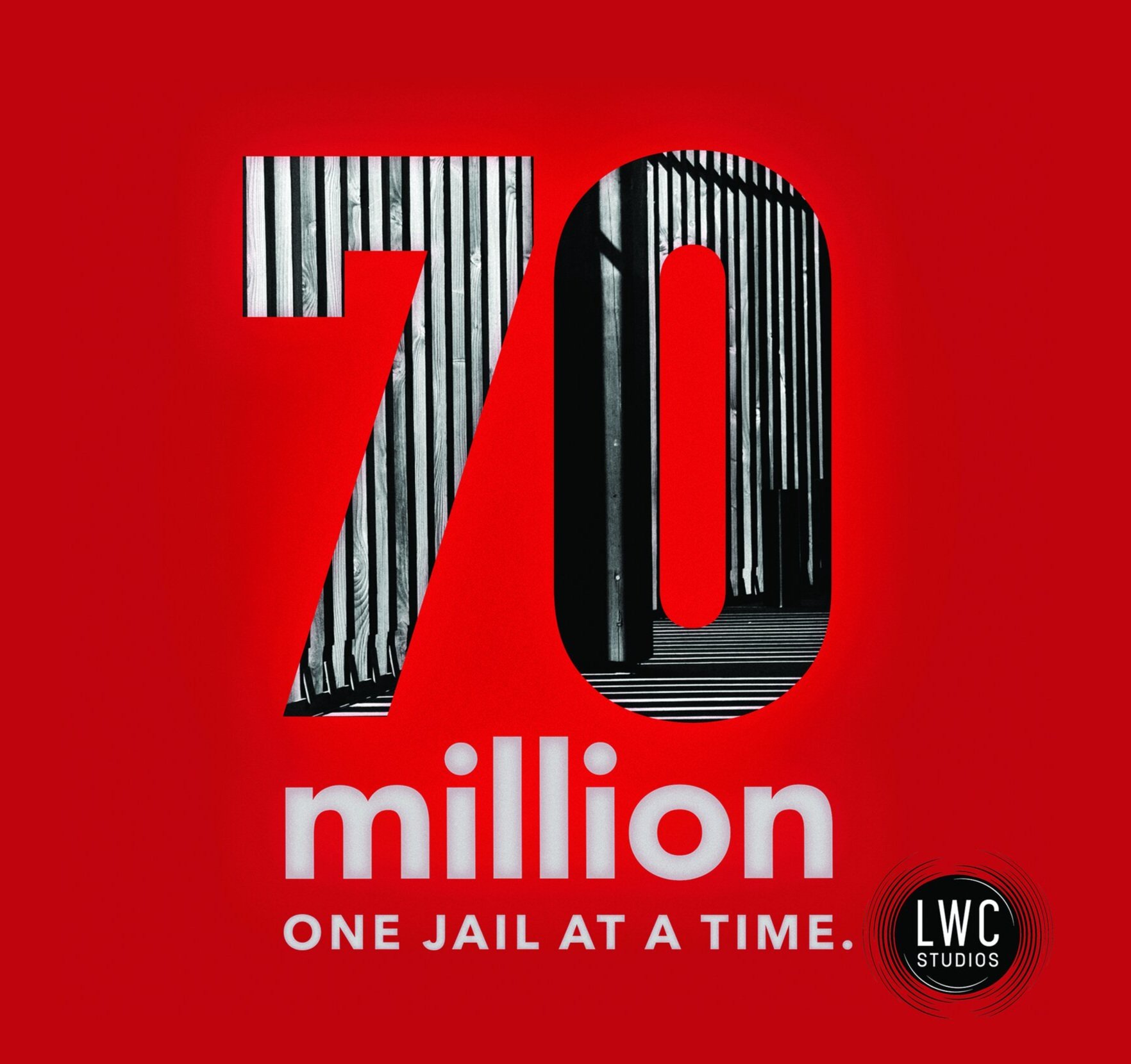Will Clark on his balcony in his home in San Francisco. He’s been living with his resource family, the Huson’s, for the past year. Photo credit: Liza Veale for 70 Million.
Foster care advocacy
from Juvenile Law CEnter
Juvenile Law Center “advocates for policies that prioritize reuniting young people with their families or, when that fails, finding other types of permanent, supportive family-like connections for older youth.”
One of their big initiatives is their National Extended Foster Care Review. It’s a tool for advocates, policymakers, and other stakeholders to enhance how we serve and support older youth in the child welfare system. Research shows that the teenage years into young adulthood are a pivotal time for healthy development, which leads to positive, long-term decision-making and skill-building. Extended foster care helps nurture this development by providing youth with stability, opportunity, and meaningful, supportive connections with adults.
Extended foster care achieves better outcomes for youth by allowing them to be better prepared through the development of relationships, skills and resources so that they can thrive as adults. When youth age out of foster care unprepared, they face challenges that can also place financial burdens on our communities: lower high school and college graduation rates, greater dependence on public benefits, and increased risk for incarceration and teen pregnancy.
You can learn how to use it here in our instructional video, and peruse the tool with information on extended foster care policies in all fifty states, DC and Puerto Rico:
Finally, check out their Youth Fostering Change youth advocacy program, which allows youth currently or formerly involved in the child welfare system to get involved in projects that work towards reforms.

